The Bill from the China Shop: How Asia's Savings Glut Threatens the World Economy
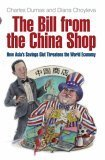
Summary
Alan Greenspan's tenure at the US Federal Reserve coincided with a period of unparalleled global growth, stability, and prosperity. But the world economy has been warped since the 1997 Asian crisis by excessive saving in China and developing Asia, as well as in Japan and north-central Europe. Unsophisticated economic policies and primitive financial systems notably in China, but also in other parts of Asia have resulted in the global economy now depending on unprecedented current account deficits and the willingness of America, Britain, Australia, and increasingly Mediterranean Europe, to import goods and capital. This book examines the financial crisis.
Similar Books
-
 Modern Mongolia: From Khans to Commissars to Capitalists
Modern Mongolia: From Khans to Commissars to Capitalistsby Morris Rossabi
-
 Empire in Denial: The Politics of State-Building
Empire in Denial: The Politics of State-Buildingby David Chandler
-
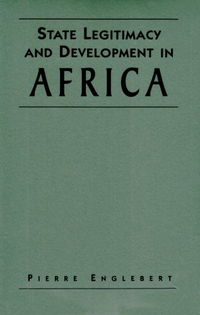 State Legitimacy and Development in Africa
State Legitimacy and Development in Africaby Pierre Englebert
-
 Third World: Whence and Whither? Protective State versus Aggressive Market
Third World: Whence and Whither? Protective State versus Aggressive Marketby Wim F. Wertheim
-
 Multilateral Institutions: A Critical Introduction
Multilateral Institutions: A Critical Introductionby Morten Bøås
-
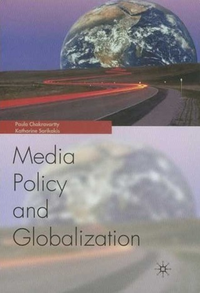 Media Policy and Globalization
Media Policy and Globalizationby Paula Chakravartty
-
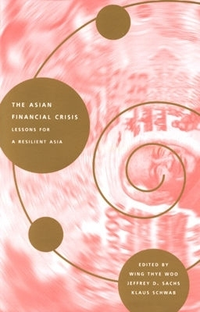 The Asian Financial Crisis: Lessons for a Resilient Asia
The Asian Financial Crisis: Lessons for a Resilient Asiaby Senior Fellow Wing Thye Woo
-
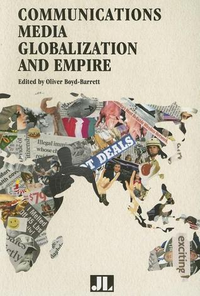 Communications Media, Globalization, and Empire
Communications Media, Globalization, and Empireby Oliver Boyd-Barrett
-
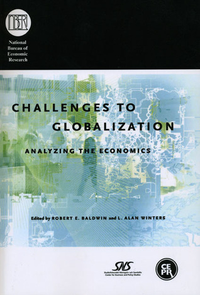 Challenges to Globalization: Analyzing the Economics
Challenges to Globalization: Analyzing the Economicsby Robert E. Baldwin
-
 The Political Economy of Latin America in the Postwar Period
The Political Economy of Latin America in the Postwar Periodby Laura Randall
-

-
 Media and Globalization: Why the State Matters
Media and Globalization: Why the State Mattersby Nancy Morris
-

-
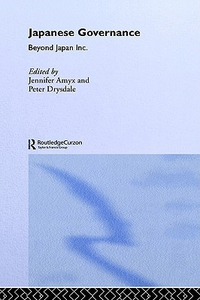 Japanese Governance: Beyond Japan Inc.
Japanese Governance: Beyond Japan Inc.by Jennifer Amyx
-

-
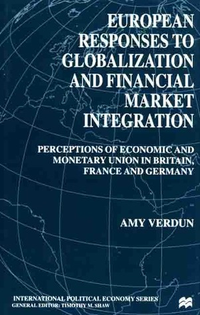
-
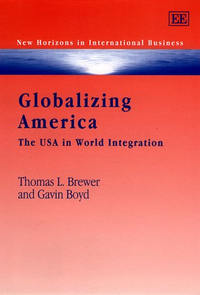 Globalizing America: The USA in World Integration
Globalizing America: The USA in World Integrationby Thomas L. Brewer
-
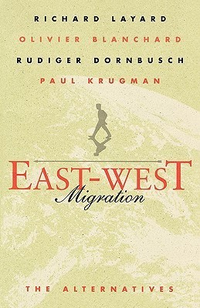 East-West Migration: The Alternatives
East-West Migration: The Alternativesby Richard Layard
-
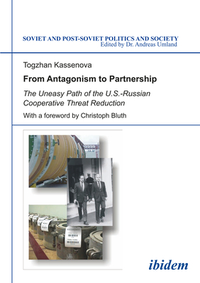
-
 Opec and the Third World: The Politics of Aid
Opec and the Third World: The Politics of Aidby Shireen Hunter
-
 Policy Reform, Economic Growth, and China's Agriculture
Policy Reform, Economic Growth, and China's Agricultureby Christopher Findlay
-

-
 Financial Liberalization: Beyond Orthodox Concerns
Financial Liberalization: Beyond Orthodox Concernsby Philip Arestis
-
 Internationalisation of Industrial R&D: Patterns and Trends
Internationalisation of Industrial R&D: Patterns and Trendsby OECD Organisation for Economic Co-operation and Development
-
